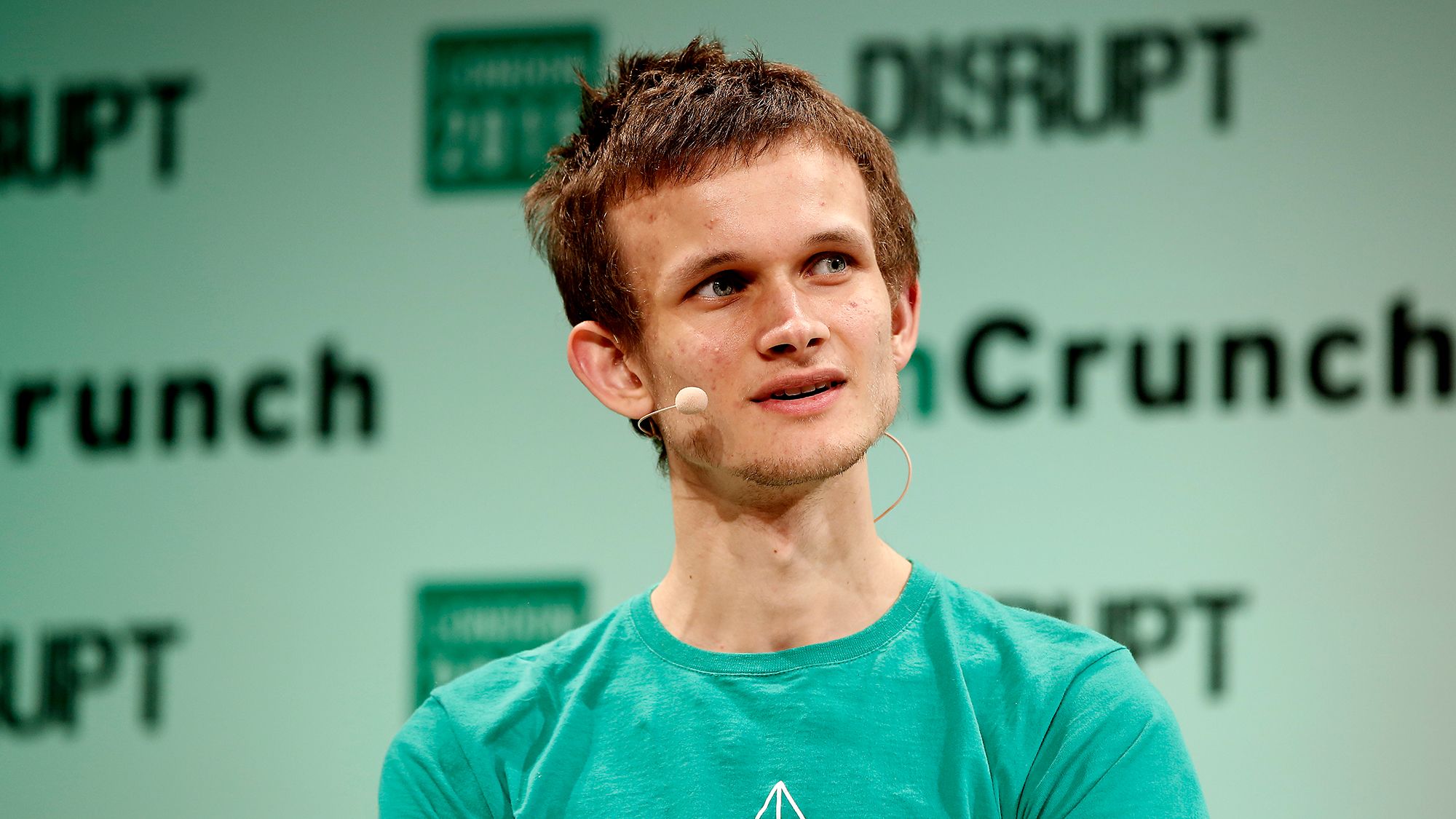Ethereum co-founder Vitalik Buterin recently engaged in a Twitter Spaces session on July 7, where he shared his insights on new developments within the Bitcoin blockchain.
During the conversation with Bitcoin proponents Eric Wall and Udi Wertheimer, Buterin highlighted a few areas where Bitcoin could potentially learn from Ethereum developers.
Buterin commended the introduction of Bitcoin Ordinals, a layer for non-fungible tokens (NFTs), for reviving a “builder culture” on the network.
READ MORE: Elon Musk Fights Back Against $258 Billion Dogecoin Lawsuit
He viewed this development as a positive shift away from the stagnant politics in the Bitcoin ecosystem.
According to Buterin, the advent of ordinals has rekindled a sense of action and productivity among Bitcoin enthusiasts.
The Ethereum co-founder suggested that Bitcoin could expand its functionality without compromising scalability.
He specifically praised the Ordinals and the BRC-20 token standard for their potential impact. Buterin believes that these advancements serve as a pushback against the “laser-eye” Bitcoin Maxi movement, which he considers to be a positive development.
The conversation mainly focused on scalability concerns.
Eric Wall voiced his concerns about the inadequacy of the Bitcoin Lightning Network in terms of future scalability, particularly when processing medium-sized payments.
In response, Buterin recommended that developers concentrate on implementing various layer-2 solutions and seek ways to enhance the efficiency of the Bitcoin base layer.
He specifically highlighted the value of rollups and ZK-snark-based scaling solutions.
Udi Wertheimer agreed with Buterin’s suggestions and emphasized the potential benefits of introducing zero-knowledge rollups to the Bitcoin network.
He argued that adopting rollups would not only improve scalability but also enable the execution of smart contracts.
Notably, Eric Wall and Udi Wertheimer are leading figures behind the Ordinals project called Taproot Wizards.
Their advocacy for increased functionality in the Bitcoin network has garnered criticism from Bitcoin fundamentalists who argue that smart contracts and NFTs dilute Bitcoin’s primary peer-to-peer cash functionality.
Among the critics is Samson Mow, CEO of Jan3, who considers Ordinals to be a waste of block space that could otherwise be used for Bitcoin payments.
Responding to the criticism, Wall explained that Bitcoin could serve as a proof system for zero-knowledge proofs, alleviating concerns about network congestion.
He expressed the perspective that Bitcoiners have always desired to explore DeFi adjacent ventures while relying on the Bitcoin base layer as a judge or arbiter of computation, rather than performing the computation on-chain.
Wall further highlighted that second layers could serve purposes beyond payments.
Unsurprisingly, this discussion has stirred controversy within the Bitcoin community. Udi Wertheimer criticized Samson Mow and Adam Back, CEO of Blockstream, for opposing the conversation with Buterin.
In a tweet, Wertheimer referred to them as “laser-eyed clowns” who have allegedly failed to produce a successful product despite leading Blockstream for a decade.
He questioned their reluctance to learn from Ethereum’s experiences.




